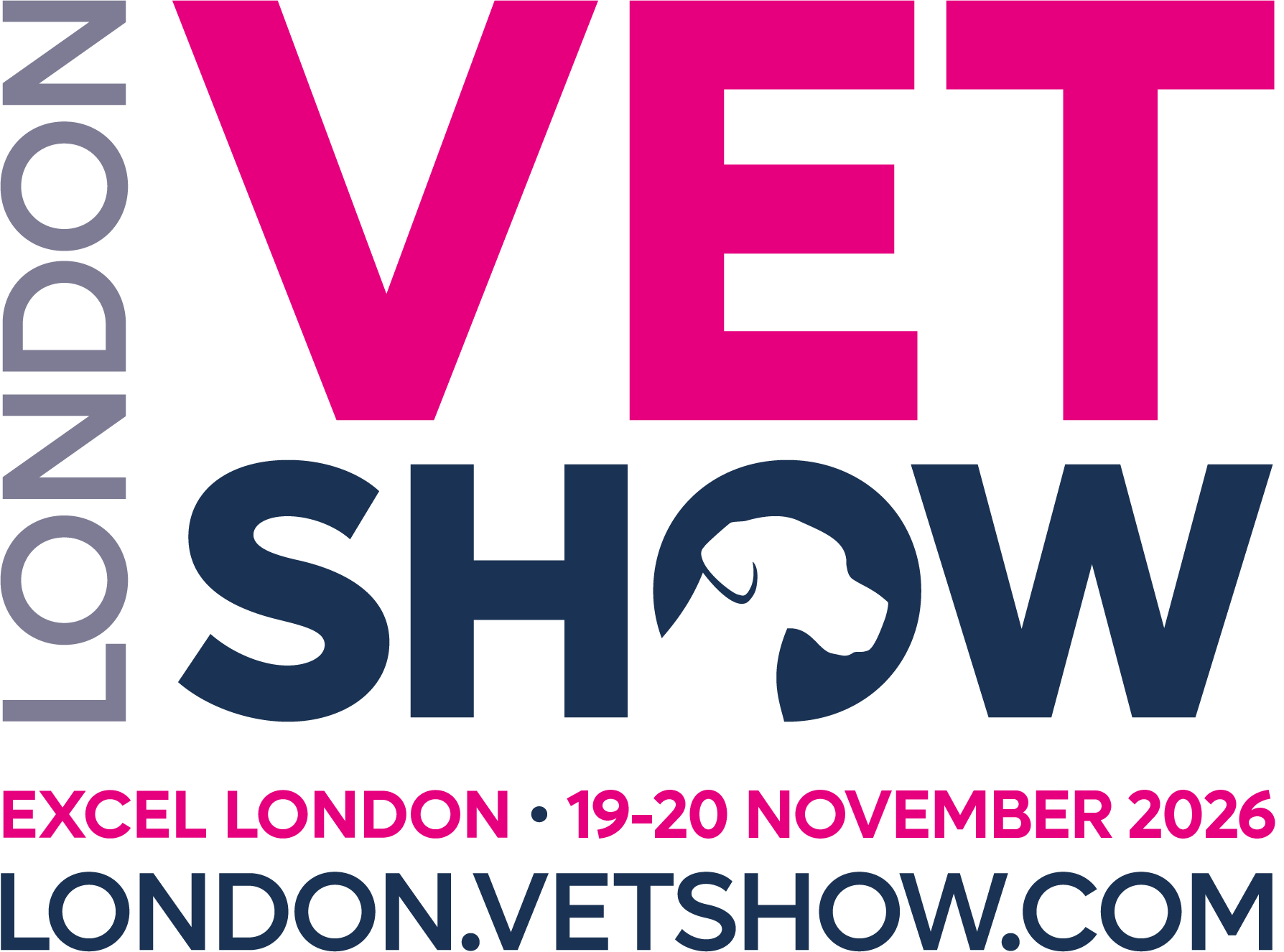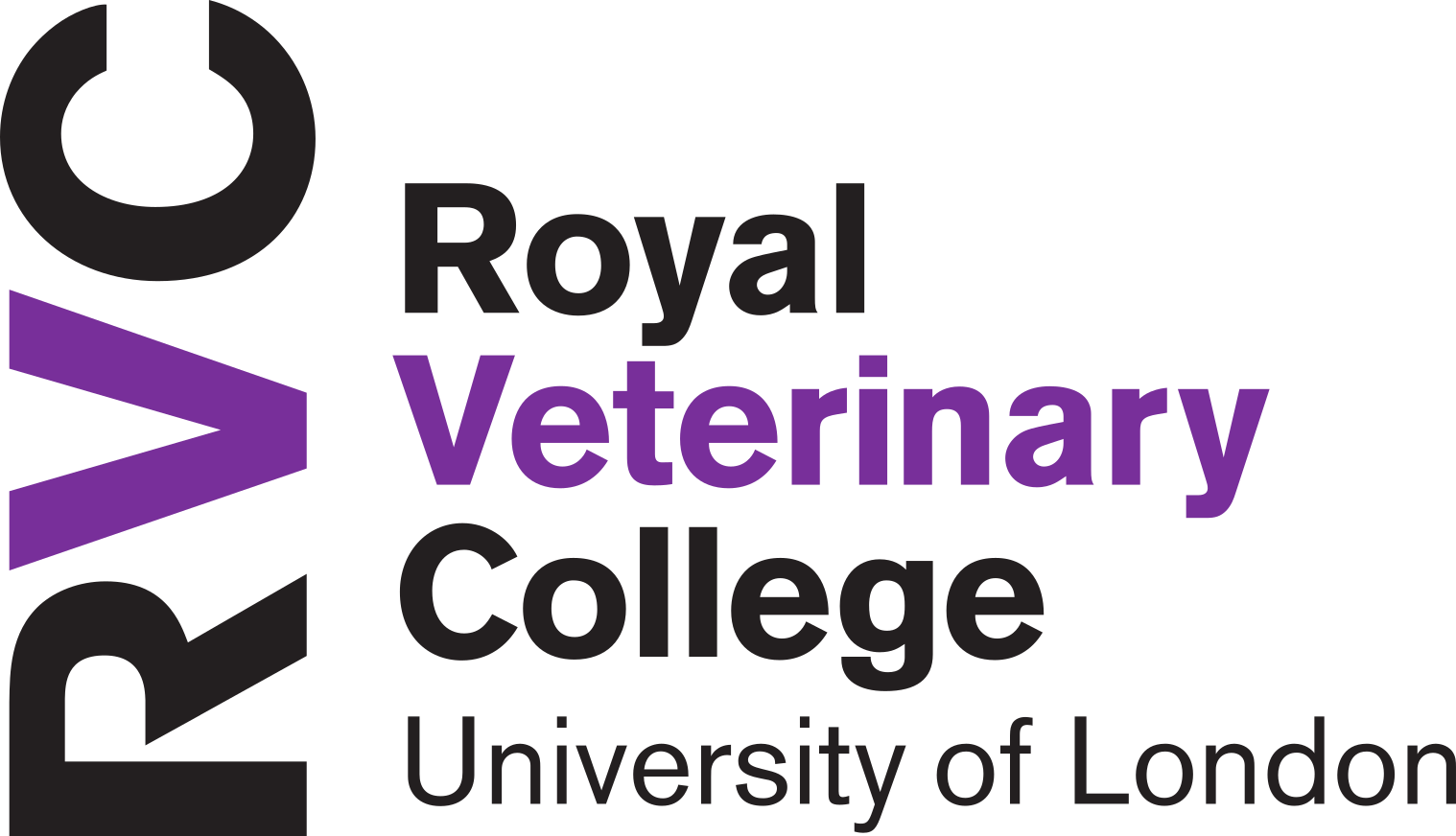Get to Know Angie Hibbert: Elevating the Veterinary Experience for Cats and Their Owners
)
In our final interview with London Vet Show’s 2024 speakers, we had the pleasure of speaking with Angie Hibbert, a renowned expert in feline medicine. Angie’s lifelong passion for animals, especially cats, has driven her to specialise in this field, where she’s known not only for her clinical expertise but also for her commitment to improving the veterinary experience for cats and their caregivers.
In this conversation, Angie shares her journey, the mentors who shaped her career, and her approach to reducing clinic visit stress for cats to encourage better antibiotic practices. She also offers valuable insights on aligning treatment plans for feline hyperthyroidism with caregivers’ experiences.
Read more for advice and inspiration for anyone looking to make a meaningful impact in veterinary medicine, and don’t miss Angie’s sessions at London Vet Show 2024.
Q: Can you tell us a little bit about yourself and what inspired you to pursue a career in feline medicine?
A: I am one of those cliché vets that has always loved being around animals especially cats and knew I wanted to be a vet from a very young age. I trained at the University of Bristol, and we were incredibly fortunate to have a dedicated feline medicine rotation and Feline Centre. The approach to feline patients and teaching by Dr Andy Sparkes and Professor Tim Gruffydd-Jones, both pioneers in developing feline medicine as a discipline, completely inspired me during my rotations and set me on a path to working in feline medicine.
Q: Do you have any role models in veterinary? If yes, why do you look up to them?
A: Kate Murphy, an internal medicine specialist has been a role model for me. I was very fortunate to be mentored for my certificate and taught by Kate during my residency. In the time I have known her, she has continued to practise internal medicine, lecture, generously mentor many vets and juggle being a Mum. As a working parent, I often find the balance of work: family life to be very challenging. Seeing how Kate has forged her path whilst being an amazing Mum reminds me of what can be possible.
Q: During your session at the London Vet Show, you'll discuss how the stress of travel and clinic visits influences antibiotic use in cats. Could you elaborate on some practical ways veterinarians can reduce stress during these visits to improve antibiotic stewardship, and how the concept of a 'feline travel pack' can be effectively implemented in practice?
A: Stressor stacking is a really important concept for caregivers to understand and by introducing this we have an opportunity to help set up the cat for a minimally stressful visit. In addition to using anxiolytics, which I think have been adopted well, it requires discussion about the need for good preparation before the cat reaches the clinic e.g., booking the most suitable time for an appointment, choosing the most appropriate carrier, training the cat to accept the carrier, alongside using anxiolytics and pheromones. Opening a discussion about their cat’s prior experience travelling and in the clinic is important, and can help ensure the next visit is successful, by applying the ‘feline travel pack’ approach that we will cover. I think this can feed into better decision making regarding antibiotic choices for cats.
Q: Another topic you’ll be discussing at the show is caregiver burden, which is becoming a key consideration in veterinary care. From your research, how can veterinarians better align their treatment recommendations for feline hyperthyroidism with the actual experiences and preferences of cat owners?
A: Individualising treatment plans is key and there are many factors that need to be considered for each cat and caregiver with four possible treatment modalities. A desire for greater shared decision-making and relationship-centred care is emerging from client literature, as well as mismatches between the perceptions and priorities of the veterinarian and caregivers.
Q: Finally, what piece of advice would you like to give to individuals who are at the start of their veterinary career?
A: Be kind to yourself in the expectations you set; there are so many ways to successfully use your degree both clinically and non-clinically. Sometimes the path you end up on is not what you leave vet school with; I was certain I was not going to sit any further exams after graduating and had absolutely no intention of doing a residency.





